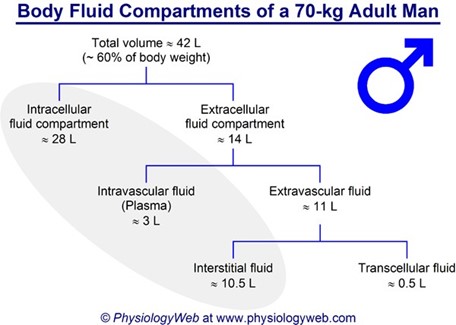The nurse is discussing car safety with the mother of a 6-year-old child. The child’s mother questions the need for the use of special car seats for her child. What information can be provided to her?
“Car seats are recommended until children are at least 10 years old/
“Your child will be safe in the car using the provided shoulder harness and lap belts/
"At the age of 6 your child should be using a booster seat.'
"Car seats are only recommended until children are 3 years old."
The Correct Answer is C
Booster seats are recommended for children between the ages of 4 and 8, or until they are 4'9" tall. This is because seat belts are designed for adults and may not properly fit a child's smaller body. A booster seat helps to position the seat belt correctly on the child's body, improving the effectiveness of the seat belt and reducing the risk of injury in the event of a crash.
Option a is incorrect because 10 years old is too old to need a car seat. Option b is incorrect because children under the age of 8, or under 4'9" tall, should not use a seat belt alone. Option d is incorrect because car seats are recommended until children are at least 4 years old, not 3.
Nursing Test Bank
Naxlex Comprehensive Predictor Exams
Related Questions
Correct Answer is B
Explanation
Daily weights provide a reliable and accurate measure of fluid balance in the body. An increase in weight can indicate fluid retention and the need for further intervention. While daily intake and output recordings, blood pressure and heart rate checks, and CMP lab draws can also provide useful information, daily weights are the most effective way to monitor for excess fluid volume in this situation.

Correct Answer is D
Explanation
Sitting the patient up and encouraging deep breathing can help improve oxygenation and increase the pulse oximetry reading. This is a non-invasive intervention that can be implemented immediately to help improve the patient’s oxygen levels.
Whether you are a student looking to ace your exams or a practicing nurse seeking to enhance your expertise , our nursing education contents will empower you with the confidence and competence to make a difference in the lives of patients and become a respected leader in the healthcare field.
Visit Naxlex, invest in your future and unlock endless possibilities with our unparalleled nursing education contents today
Report Wrong Answer on the Current Question
Do you disagree with the answer? If yes, what is your expected answer? Explain.
Kindly be descriptive with the issue you are facing.
